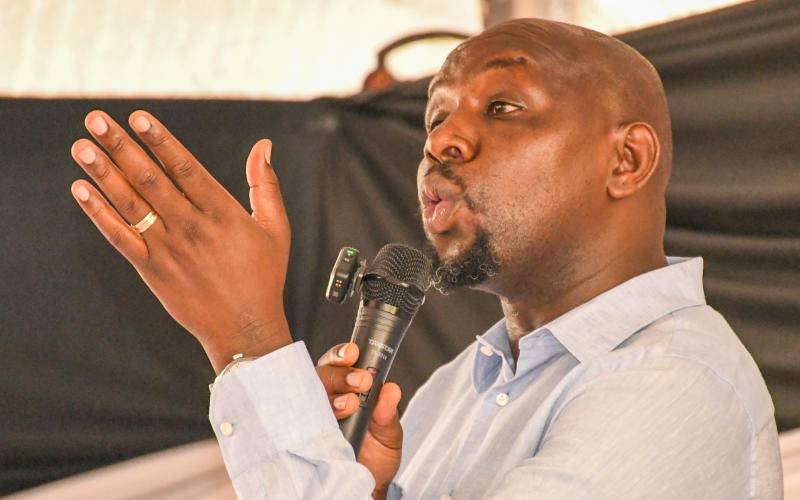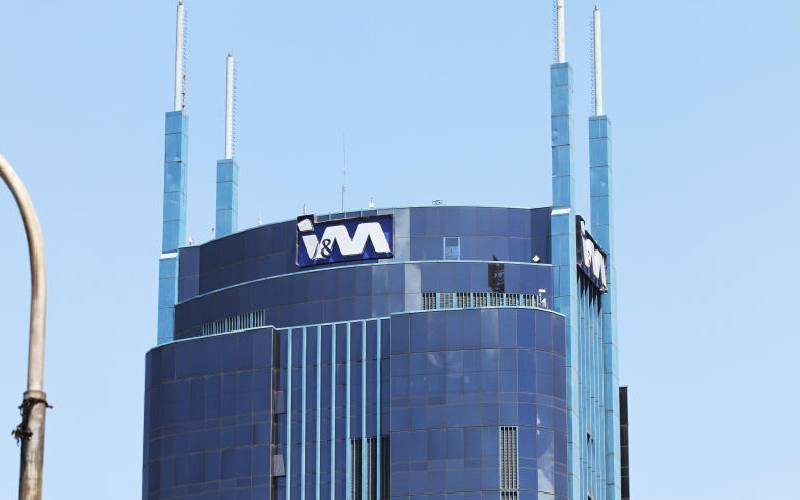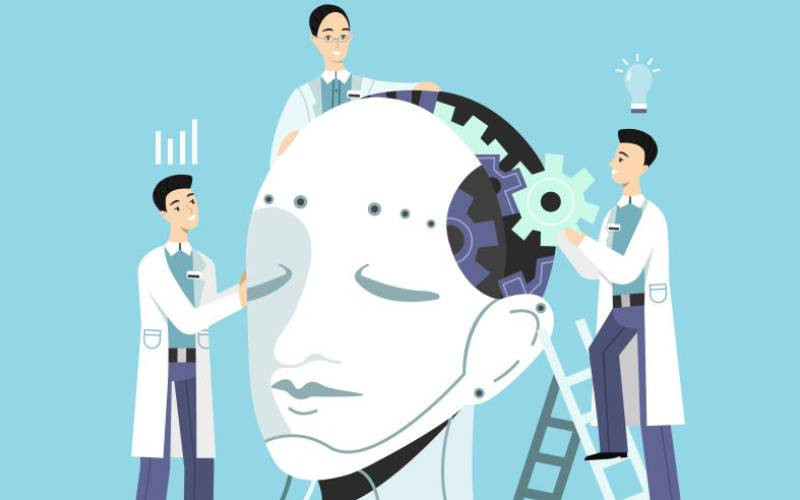
Last week, I had the privilege of attending a data summit hosted by Konrad Andenaur Foundation (Stiftung) and partners in Nairobi. It was a timely meeting when artificial intelligence (AI) is the new kid on the block.
We often forget AI is the grandchild of data. The meeting was spiced by the diversity of attendants, from Africa and Europe.
The summit’s focus was on how to leverage data to achieve Africa’s Agenda 2063 and Sustainable Development Goals. In fewer words, transform the African economies.
Anja Berreta, head of Regional Programme Economy Africa at Konrad-Adenauer-Stiftung, highlighted the importance of digital infrastructure, the immense opportunities of digitalisation and their link to economic growth in Africa
Africa has had enough false starts. Independence did not transform our economies as dreamt by the founding fathers, mostly pan Africanists.




Natural resources like oil did not; they became curses, leading to wars and political instability.
The Western world’s imported political and economic systems are a work in progress. Their good intentions were thwarted by rulers who preferred to lead for life and enrich themselves and their families.
We can’t rule out the fact that some Western powers had vested interests in Africa. Is that why Africa is trying eastern approaches, read China? Is that why Sahel is turning back to France?
Will leveraging data succeed where other approaches failed? The discussions were rich and varied. Casting data as a resource to be exploited for the benefit of the citizens was one of the core messages. A few other topics stood out.
One was data protection, which Africa easily embraced from Europe. New outfits, led by data commissioners, were quickly formed, backed by laws.
My concern over these outfits is the extent to which they facilitate data owners or generators to meet data users or value adders. Let’s learn from banks.
They intermediate and connect savers (lenders) and borrowers anonymously. That is how banks beat shylocks.
Can data protection commissions go beyond protection and be an intermediary like banks? Data has only value when put into use. Think of all the data collected by public and private entities. They need someone to appreciate the value in it.
The second issue was data regulation. Is it used to foster or stifle innovation? An example was given of Europe, which has led in innovations but has not monetised them because of the regulatory environment.
Stay informed. Subscribe to our newsletter
The United States has done a good job in that. Will Africa follow suit? A good example is Kenya’s M-Pesa, which was catalysed by a friendly regulation.
Data sovereignty was a hot issue. Lots of data is generated in Africa. Who has control over its storage and use? Think of data on health, consumption, education, internet use and even our emails? If Africa loses its data sovereignty, who will pick it up?
It gets more complicated; private individuals now control our data. Think of Meta or X. That calls for the governments to come up with new laws and regulations. What if the government overreaches? What if the new regulations fall to the wishes of the new data kings?
Is that where Civil Society Organisations (CSO) come in? Data is the new oil, but as also a lubricant. Regional integration needs data on trade, consumption, labour or skills.
Will countries adjust their laws and regulations to facilitate this? Beyond data published by the IMF, World Bank and other supra-organisations, where can one get country-specific data to the village level?
A curious topic in the meeting was designing an African credit rating agency. Some African leaders have complained about the objectivity of imported credit ratings. Do they have all the data?
Think of data on the informal sector, with 85 per cent of Africa’s population engaged in informal labour as noted by Aderonmu (2023). How do we capture this sector’s data and use it in a credit rating?
The summit got real and had case studies on how data can be used to improve outcomes in agriculture, education, health and climate change.
These are sectors you can’t ignore if African economies are to be transformed. Climate change has no borders and affects poor economies disproportionately.
What did the summit leave out? Indigenous data is passed from one generation to the next and is often verbal. How can that be codified and exploited?
Remember the 2009 economics Nobel laureate, Elinor Ostrom’s work on how our traditional societies in Africa avoided the tragedy of the commons? What of the avoidance of data through supernatural beliefs common in Africa?
Monetising data using appropriate business models could be one outcome of the summit. Think of Uber, Airbnb or Google Maps. Add all the apps. Monetising data would attract more entrepreneurs, investors, researchers, innovators and jobs.
The government should facilitate them with appropriate laws and regulations. Dr Audrin Mathe, Executive Director (Permanent Secretary), Ministry of Information and Communication Technology, Namibia, summarised it well: “The future is digital, the future is Africa.”
The public and private sectors must create that future and make it beneficial to all citizens.